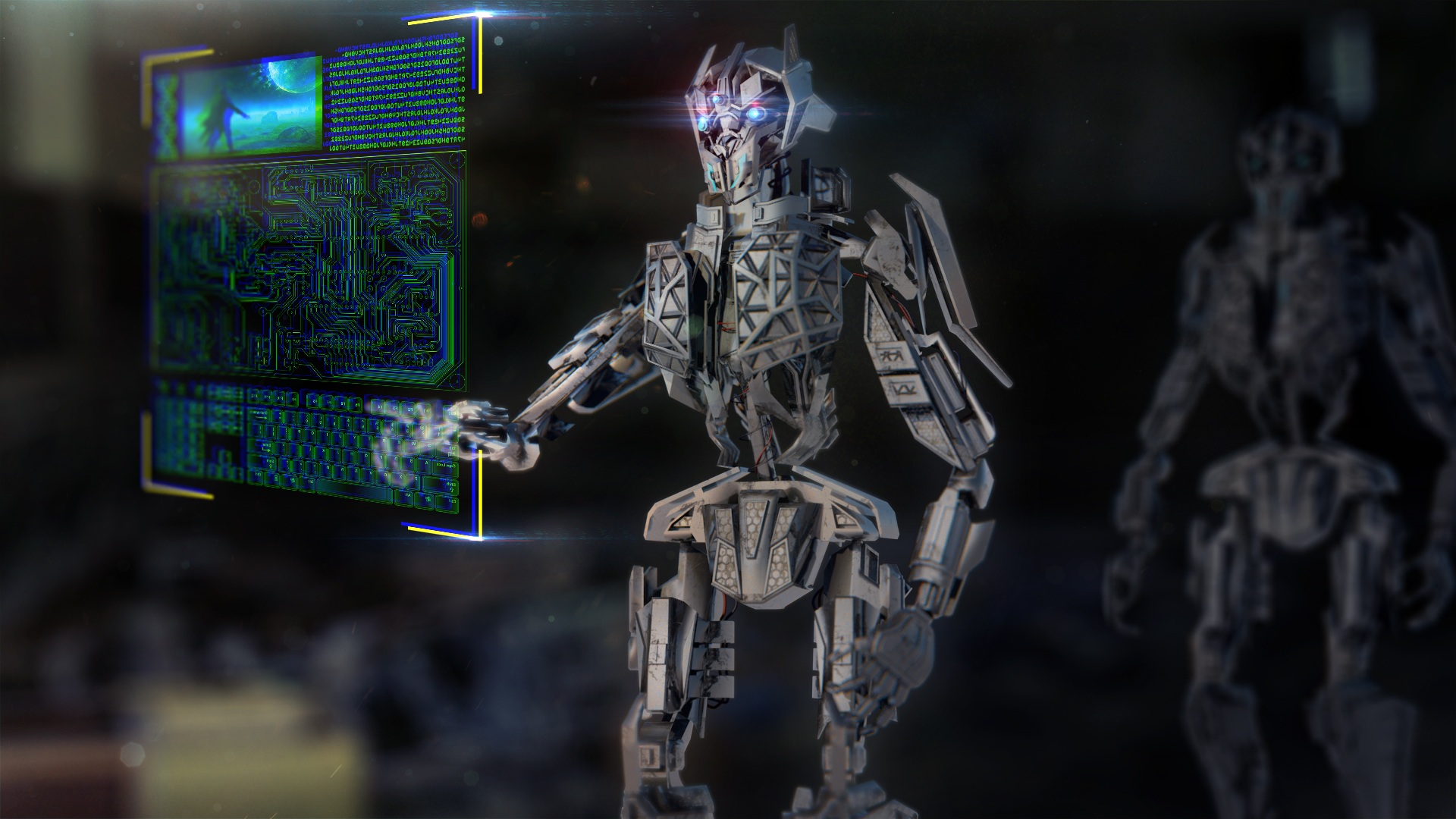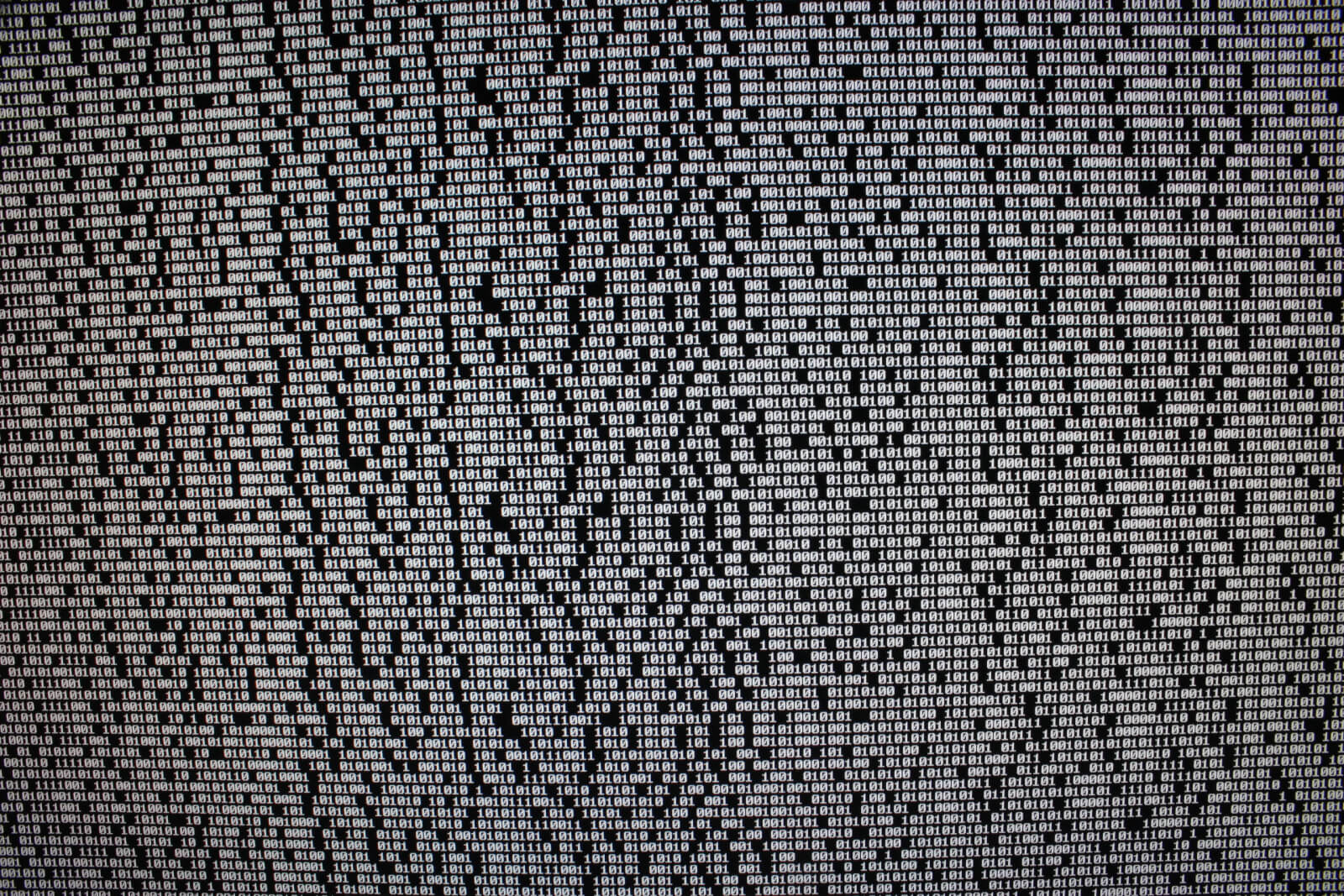
Since deepfakes became viable a few years ago, these digital alterations have caused concern for the potential catastrophic damage they could wreak on society. Using artificial intelligence (AI) algorithms, deepfake creators are able to craft increasingly convincing counterfeits of video, images, and audio. Soon, this synthetic media could start sowing doubt about the authenticity of historical events.
It has become painfully clear that deepfakes aren’t just a problem for politics. Unless we act now, the continuity of history is at stake.
A Future Filled With Falsehoods?
Pretend it’s the year 2030. You begin browsing Facebook on your Apple iPhone 22 Pro. As soon as the app loads, an unsavory video of you appears. It shows a drunk and deranged version of yourself mouthing off expletives about your loved ones and friends. As the video ends, it displays a message that this will be released to your entire social network unless you forward 10 bitcoin to this digital address. You close out of the video and think, “These AI character attacks are getting old.”
You proceed to scroll through your feed. You pass by video depicting a 1970s interview of Neil Armstrong and Buzz Aldrin saying they never really went to the moon — they actually went to Mars. It has about 1,500,000 likes.
Next, you come across another video of Dr. Anthony Fauci claiming that the coronavirus was never real; it was just a government plot to implant chips in citizens. He also says that masks and handwashing don’t protect you from any illness. 10,000,000 likes.
Lastly, you pass by a video with Neil Degrasse Tyson. He’s wearing a chicken suit and explaining that the planet earth is actually flat. 50,000,000 likes. “Okay, that’s enough for today,” you say to yourself as you close out of the Facebook app.
You look out of your apartment window and see that riots and protests are still sweeping the streets — this has been the norm in America for the past five years. As you wonder how it got so bad, your phone buzzes with two news alerts. One is notifying you of police body camera footage that has been manipulated to erase any evidence of officer wrongdoing. The other alert is to warn you about footage from protesters that has been edited to make police actions appear worse than they were in reality.

In 2030, almost everyone has access to streamlined AI tools or machine learning apps that allow them to create deepfakes on the fly. And tons of people are using them to push their agenda on social media. Thousands of media fictions are generated online every single day, and this quantity is expected to balloon even more in the years to come.
Back in 2020, we’re already experiencing a world where information flows faster than fact-checkers can process it. Manipulated media and disinformation are already sowing doubt among those of us who don’t understand or aren’t aware of AI’s capabilities. We’re entering a new era — one in which history is threatened by fabrication, and the truth can be buried by a barrage of lies.
How Deepfake AI Could Damage History
As funny as putting Sylvester Stallone’s face on Macaulay Culkin’s body is, deepfakes mean more for society than just entertainment. Soon, more people than ever before will be able to leverage neural networks to craft new photorealistic images and video. And as we saw from the examples above, this could get quite frightening.
Since the technology is still in its early stages, detection is easy because many deepfakes feel uncanny or “off.” But as it improves, amateurs will be able to produce AI-augmented content that will be indiscernible from professional work. And not long after this, anyone with a computer and the correct software will be able to do the same.
Historians rely on primary source documents for an objective view of the past’s context. Of course, the falsification of paper documents and other media artifacts has been a problem for a long time. Since the advent of photography, historians have always accepted evidence with skepticism and made sure that it aligns with other accounts and includes a transparent provenance. This has been feasible since there is a high barrier to pulling off persuasive forgeries.
But today, most media artifacts are introduced in the digital realm; they only exist as bits on computer systems. And the world generates gargantuan amounts of these artifacts every day. With new AI tools, the barrier to convincing forgery is about to be drastically lowered. To make matters worse, historians may soon not be able to rely on our online archives to validate the digital artifacts of our current era.
It’s not unusual for culturally important websites to disappear, popular blogs to break, social media sites to reset, and online services to vanish into thin air. Today, the vast majority of our digital history is tenuously preserved by volunteer archivists and the San Francisco-based Internet Archive. And even without AI in the mix, tons of sites and social media posts have slipped through the cracks. These are prime gaps where synthetic media could fill in the blanks with whatever it wants.
A Conundrum for Historical Context
It’s not a question of if but when forgers start generating new historical context to fill the gaps in our digital archives. And this has wide-ranging implications for our future. We’ve already seen a semblance of the dire possibilities that lie ahead from recent US presidential elections. But this was only one event.
Imagine what could happen if millions of AI-generated context attacks occurred every single day for every major event. The fabric of society could begin to unravel before our very eyes as we continue to watch deepfakes. It’s a scary thought — one that must be addressed before it becomes reality.
Stay tuned for a follow-up to this piece. We’ll examine potential solutions for our deepfake-filled future.






